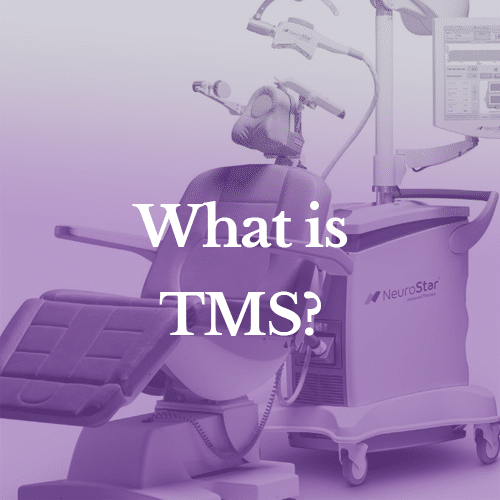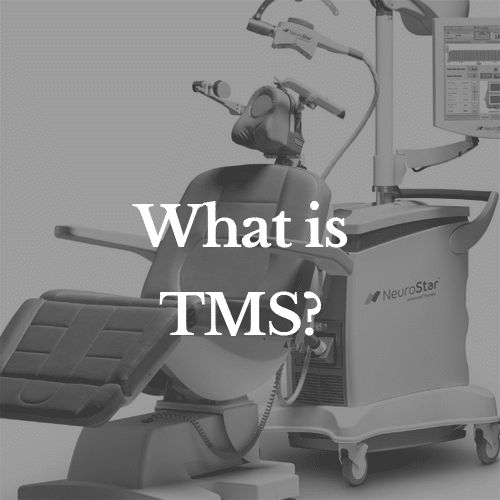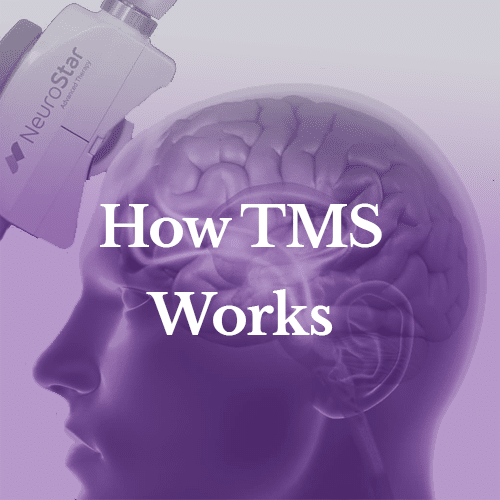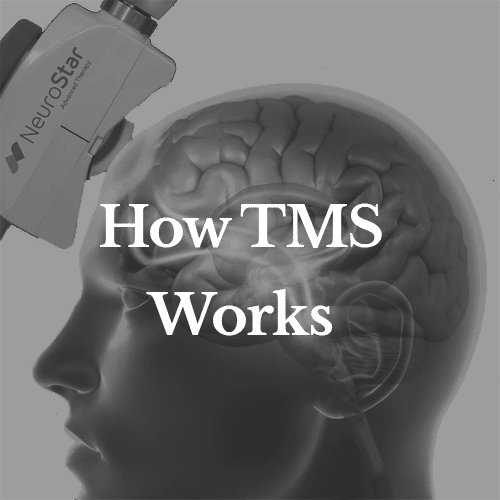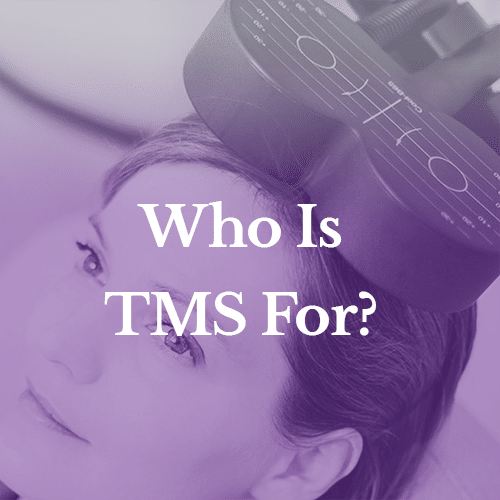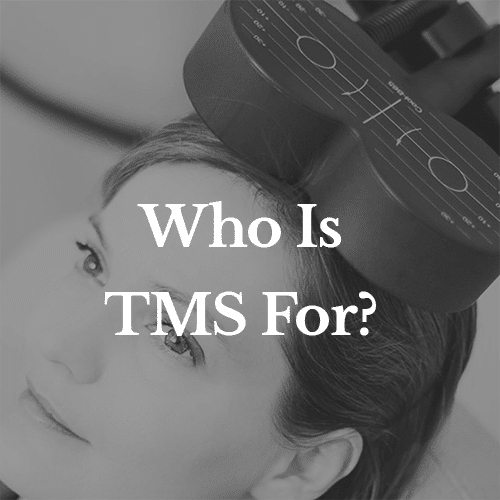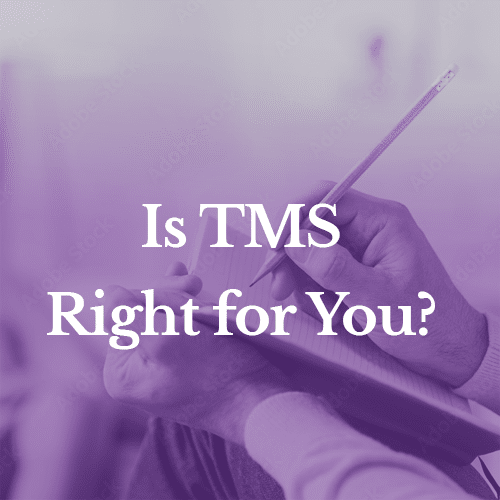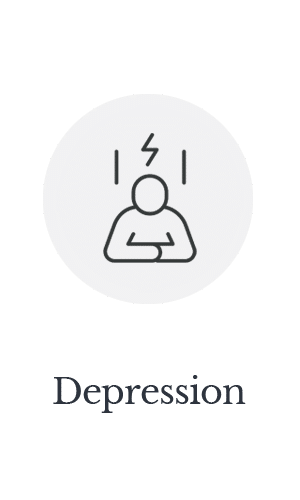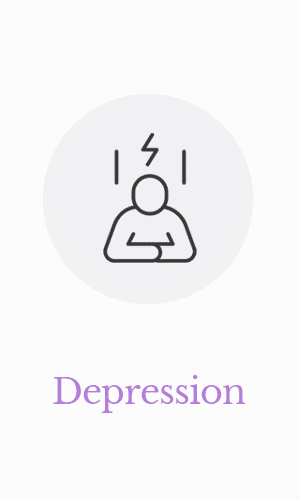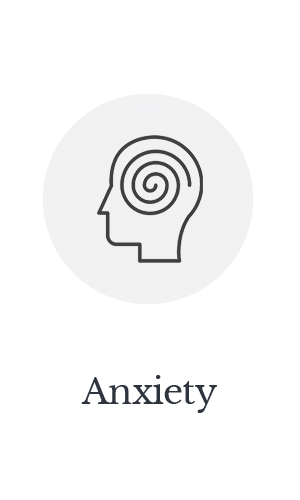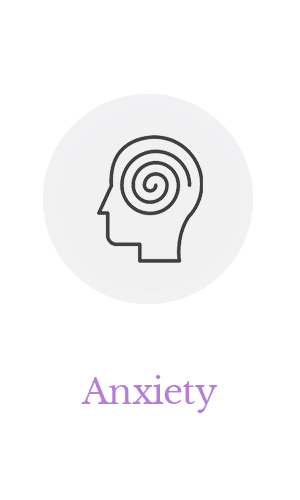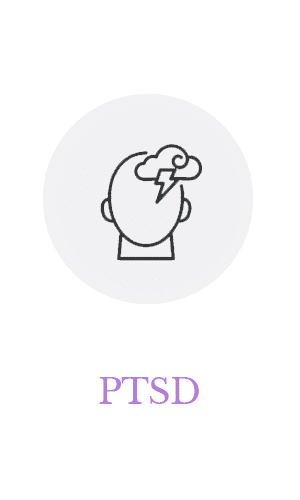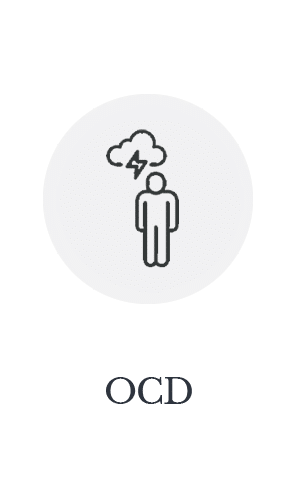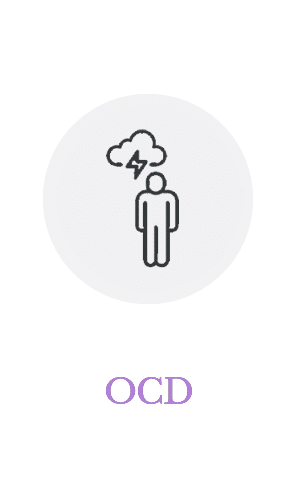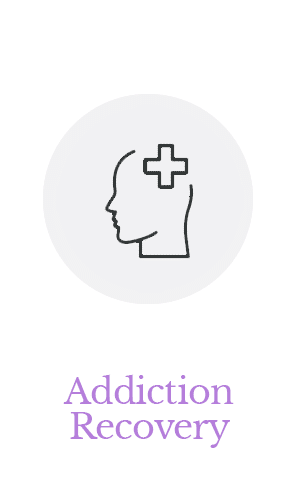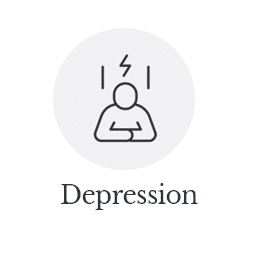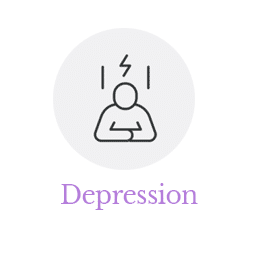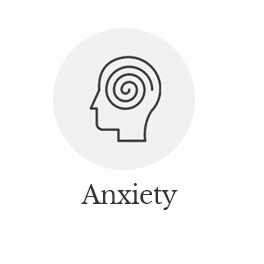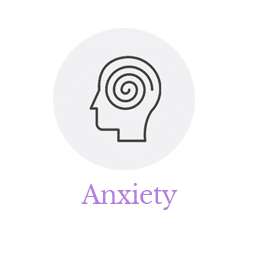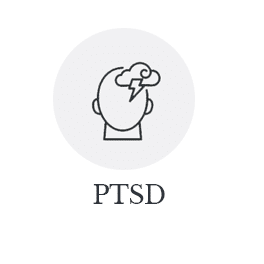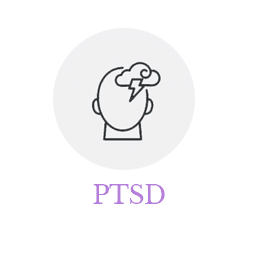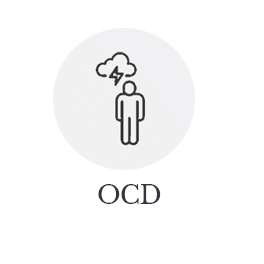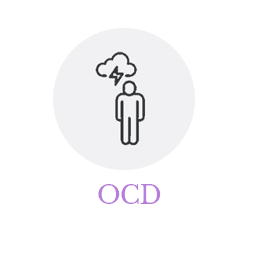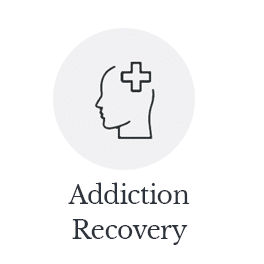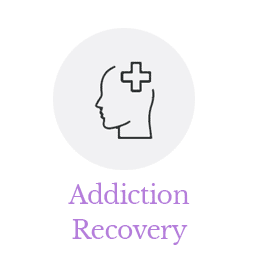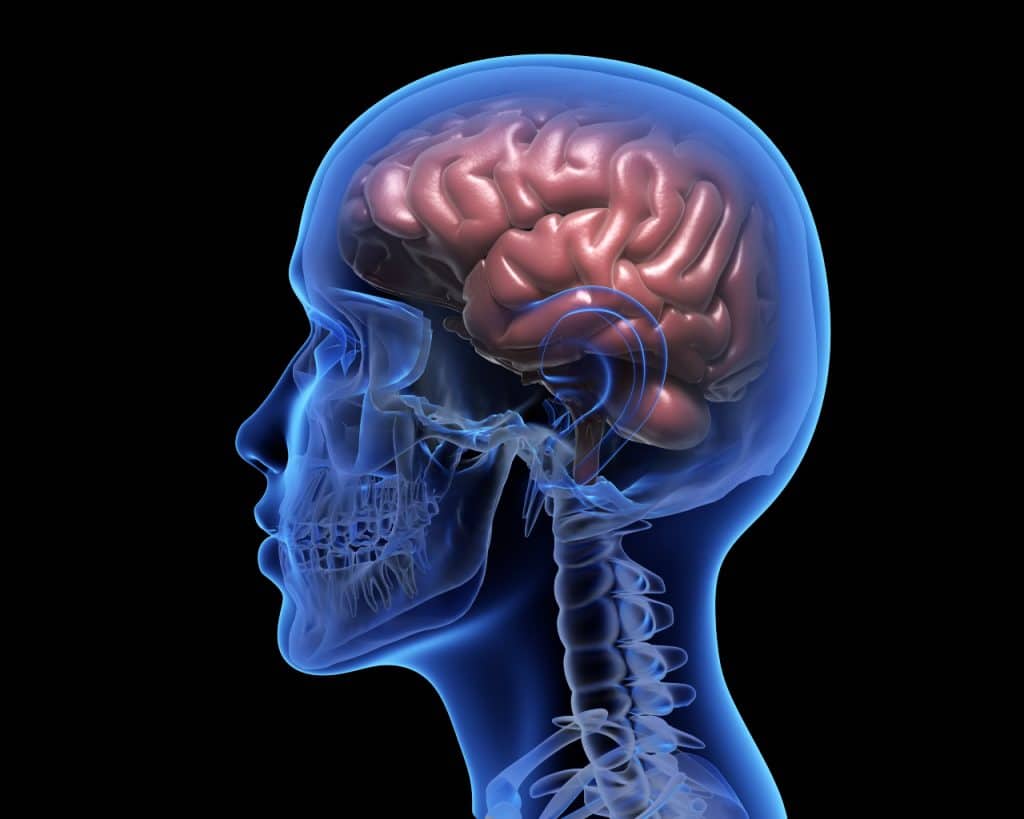After battling depression for over a decade, Sarah was about ready to give up. Despite trying multiple antidepressants and various forms of therapy, nothing seemed to work. Sometimes an antidepressant would work well initially, but then became less and less effective as time went on.
Each new medication brought unwanted side effects, including weight gain, which left her feeling exhausted and hopeless. She had reached a point where she doubted whether she would ever find relief.
While looking for a better solution, Sarah discovered TMS. Initially, she was skeptical—the TMS treatment seemed quite different from what she was used to. She decided to do some research on TMS to see if it was the answer she was looking for.
If you’re like Sarah and researching TMS as a possible solution for depression or anxiety, this article is for you. We’re going to break down the pros and cons of TMS and show exactly who is best suited for TMS therapy for depression or anxiety.
What is TMS?
Transcranial Magnetic Stimulation, or TMS, is a depression treatment that uses targeted brain stimulation to achieve its antidepressant effect rather than medication. TMS is FDA-approved and is supported by numerous studies demonstrating its clinical efficacy. TMS is used to treat patients with major depressive disorder (MDD), anxiety, PTSD, and other mental health conditions. Treatments are delivered right here in our office in Murrieta.
How Does TMS Work?
TMS uses a TMS machine, which is a medical device that delivers magnetic pulses to stimulate nerve cells in the brain’s prefrontal cortex, the area responsible for mood regulation. The magnetic pulses induce a stimulus/response mechanism in the brain that prompts the brain to produce new, healthy neural pathways.
Because of TMS’s unique healing mechanism, it is often successful at treating severe depression and anxiety even when other treatments – like antidepressants – have failed.
The Pros of TMS Therapy
Let’s look at the benefits of TMS to help understand why patients like Sarah ultimately choose TMS for depression treatment.
TMS Can Treat Treatment-Resistant Depression
If you have been diagnosed with “treatment-resistant depression”, the term itself may be confusing. “Treatment resistant” means the depression is not responding to antidepressants. It does not mean your depression resists all types of treatment.
One of the biggest advantages of TMS therapy is that it can successfully treat individuals who have not responded to antidepressant medications. Studies show that up to 60% of patients with treatment-resistant depression experience significant symptom relief with TMS.
Non-Invasive and Drug-Free
TMS is an external treatment that does not involve ingesting drugs. This is a definite plus for those who have experienced unwanted side effects from antidepressants, such as weight gain, sexual dysfunction, or gastrointestinal issues.
Minimal Side Effects
TMS is generally well-tolerated by patients, with few reported side effects from treatment. The most common side effect from TMS is a mild headache or scalp discomfort during or shortly after the session. These side effects resolve quickly and diminish over time as treatment progresses.
Long-Lasting Benefits
Many patients report sustained improvement in their depression symptoms after completing a full course of TMS treatment. While some individuals may require maintenance sessions, many experience long-term relief without the need for ongoing treatments.
FDA-Approved and Backed by Research
TMS has been rigorously studied and approved by the FDA for the treatment of major depressive disorder, OCD, some forms of anxiety, and addictive behavior. Many insurance plans cover TMS therapy for those who have not responded to traditional antidepressant treatments.
The Cons of TMS Therapy
No depression treatment is perfect and there are advantages and disadvantages to each type of treatment. Here are some of the downsides of TMS:
Time Commitment for Treatment
A standard TMS treatment plan requires daily sessions (typically five days a week) for 6 weeks in order to achieve the full effect. Although the sessions themselves are short (about 25 minutes each), the need to attend a daily treatment session can be inconvenient for some people.
Not Effective for Everyone
While TMS has a high success rate, it is not a guaranteed cure, although TMS does have some of the highest response and remission rates of any type of treatment. Here at Inland Empire TMS, we monitor progress through QEEG brain scans during treatment and can adapt treatment as needed based on brain mapping results. This gives us a higher success rate than many other practices.
Insurance Coverage and Cost
While many insurance providers cover TMS therapy, coverage criteria can be strict, requiring proof of prior unsuccessful treatments with medication or therapy visits. We are very familiar with the treatment requirements for all insurance plans we accept at Inland Empire TMS and we work directly with your insurance to obtain treatment approval. For most patients the process goes smoothly with only minor delays before approval is granted.
“TMS is the Best Part of My Day”
Despite her initial hesitation, Sarah ultimately decided that TMS was the right treatment for her. As she continued through treatment, she found an unexpected benefit – she actually enjoyed coming in for TMS sessions!
When asked how treatment was going, Sarah said “TMS is the best part of my day. I look forward to coming in every morning. It’s a great start for the rest of my day.”
Sarah particularly enjoyed the connection with her TMS tech and the discussions they had during treatment sessions. This is one of those hidden benefits of TMS that you find at Inland Empire TMS.
Find Out if TMS is Right For You
And there you have it – the pros and cons of TMS. Naturally, we think TMS is an amazing treatment. We have seen it change so many lives and literally saved lives from depression, suicidal ideation, addiction, and compulsive behaviors.
The best way to find out if TMS is right for you is to schedule a free consultation at Inland Empire TMS. We will conduct a thorough mental health evaluation – including an EEG brain scan – and discuss the results with you, all with no obligation on your part.
All TMS consultations take place at our TMS clinic in Murrieta, which is easily accessible from Temecula, Menifee, Wildomar, and Murrieta.
To schedule your free consultation, please contact us today.

